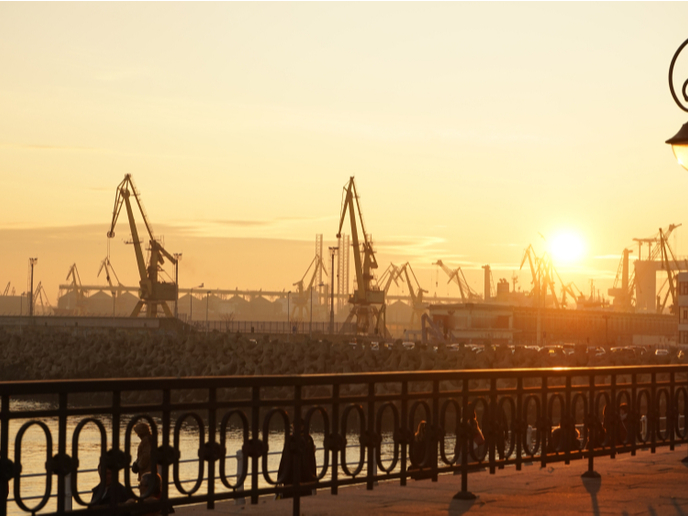A boost for innovative SMEs in the Black Sea region
“Research and innovation is crucial for a healthy and sustainable Black Sea by 2030,” Carlos Moedas, former Commissioner for Research, Science and Innovation, said last year. On the bright side, the Black Sea region already benefits from a large pool of SMEs focusing on innovation. But they are still missing a key ingredient: the measures to promote innovation inside their walls in order to generate benefits. “Almost no SMEs in the region have what we call an ‘innovation management system’. This results in many challenges during the concept stage and development process of innovations, which in turn causes the early death of the project or idea,” explains Cagri Isitan, innovation management capacities expert for the B-SEENOVA (Enhancement of Black Sea Innovation Capacity) project. B-SEENOVA was initiated for one purpose: increasing the management capacity of SMEs. To do so, the team picked 35 SMEs with the highest growth and internationalisation potential, following a prior audit. These SMEs are active in different sectors, from medical devices to textiles, water pumps and elevator manufacturing. Tailor-made action plans were prepared for these SMEs, including innovation process mapping from idea to result, as well as leadership, management and cooperation strategies. The action plans provide in-depth analysis of their innovation management, investigating possible gaps between innovation capabilities and innovation goals.
From planning to action
Following the planning phase, the rest of the work consisted in supporting the SMEs in the implementation of the action plans and providing them with detailed information on the Horizon 2020 SME Instrument. “B-SEENOVA raised their awareness level and encouraged them to prepare proposals for the SME instrument,” Isitan notes. Following this process, the majority of the selected SMEs showed they were now able to evaluate themselves in relation to their innovation management capacity. They also made substantial improvements based on the suggestions made by B-SEENOVA experts. “One concrete example is an SME which had been running innovation activities and had developed a management system for its own internal processes. The problem was that their innovation management system targeted only the management of the company and its research and development department,” Isitan adds. “Other departments weren’t included. Thanks to our support, the company management was able to see the bigger picture. They enhanced the innovation management system of the company and extended it to all departments.” Overall, the project team noticed improvements in the business processes of the firms, which in turn can lead to a reduction in production costs and cheaper products or services. “One direct impact from the action is significantly enhanced growth and profitability of SMEs receiving the services. But innovation studies/projects are long term, so observing impacts during the project life cycle is very difficult. What’s important is that they realised some of the things they could do to enhance their current innovation capacity via, among other elements, the tailor-made action plans,” Isitan says. All B-SEENOVA services were fully integrated with the ones offered by the Enterprise Europe Network consortium under the COSME Work Programme 2019. Despite the project coming to an end, the SMEs based in the Black Sea region will keep benefiting from the COSME services related to internationalisation and innovation capacity improvement.
Keywords
B-SEENOVA, Black Sea, SMEs, innovation, Horizon 2020, innovation management



